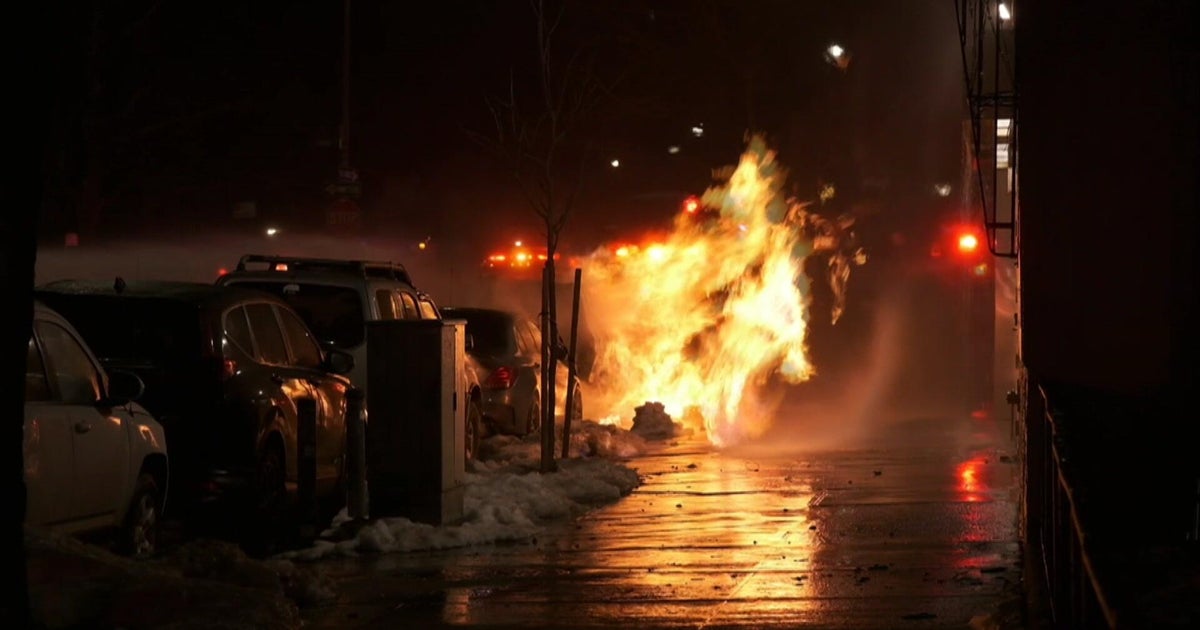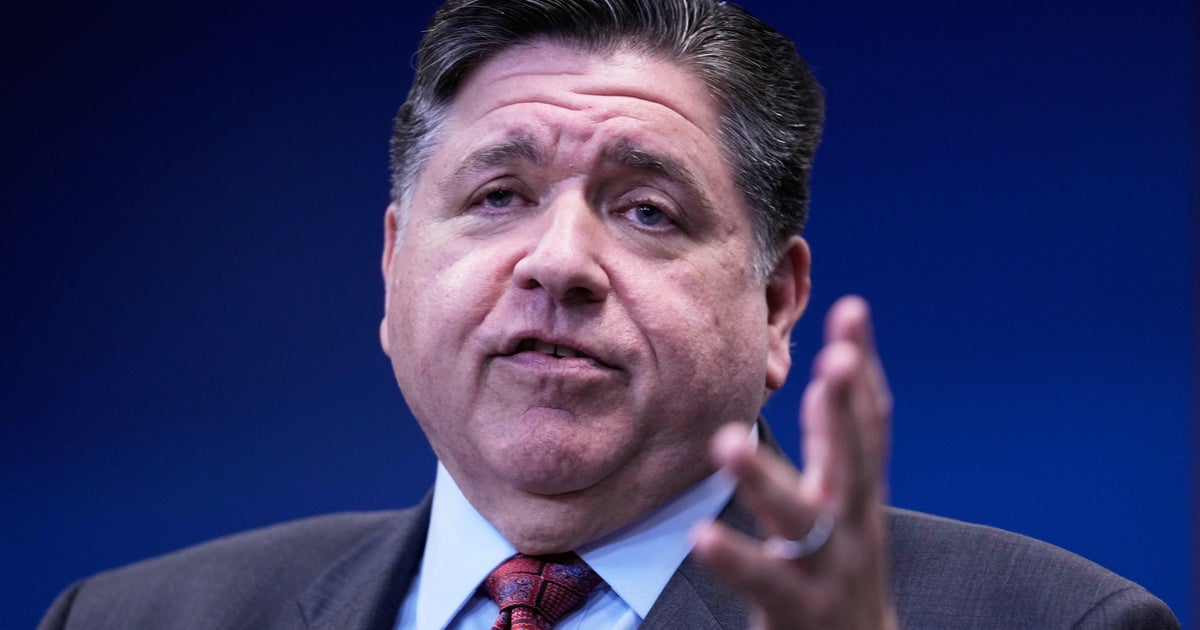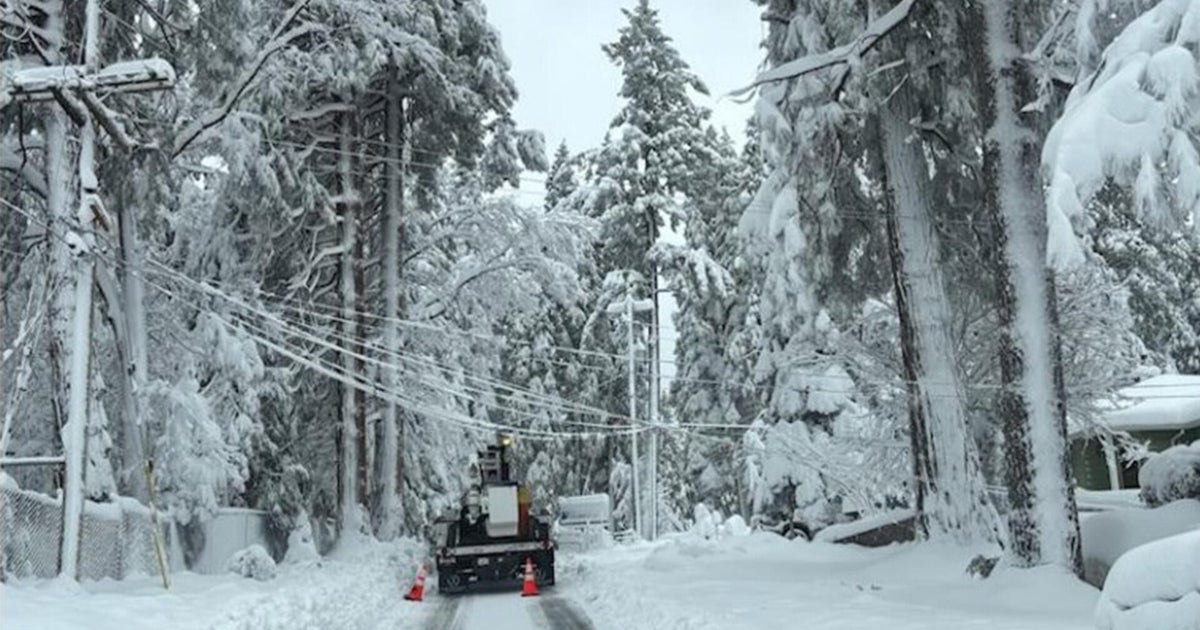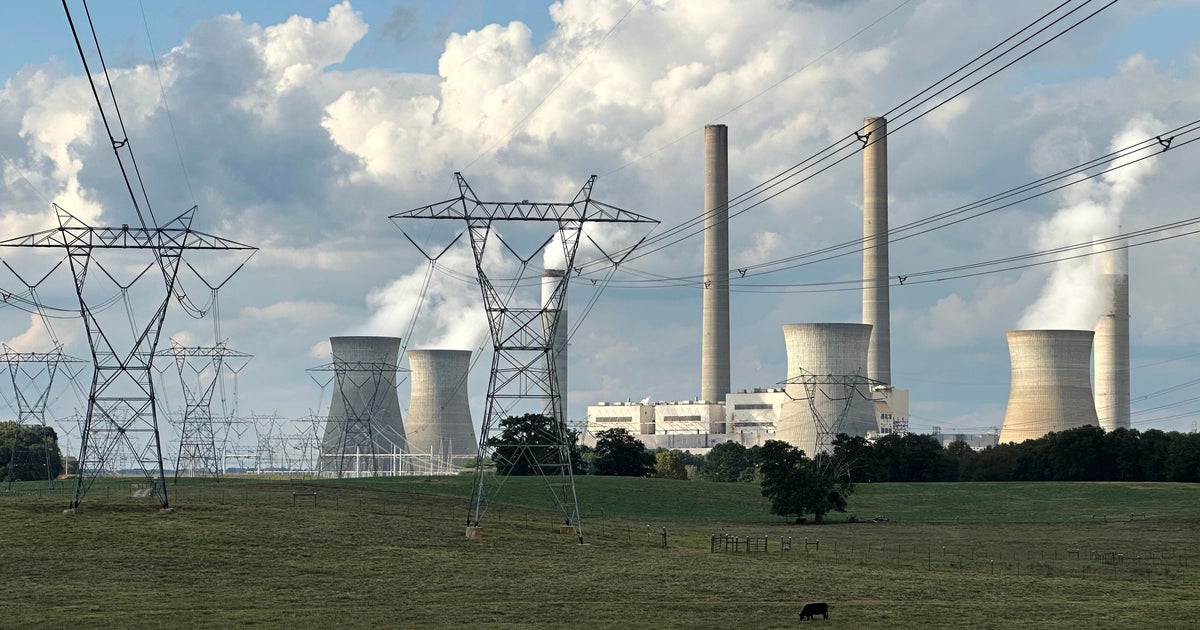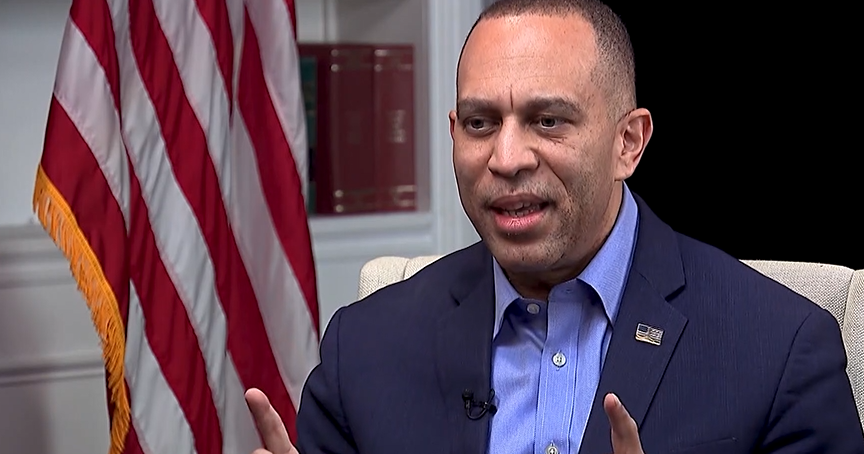Latest proposed PG&E rate hike could push average monthly bill over $300
Homeowners across the Bay Area have seen their power bills climbing, but the latest request for an increase will reach a historic milestone -- more than $300 for the average monthly PG&E bill.
"Shocking, maddening and frustrating!" That's how Janet Kimball described the utility bill for her Pleasant Hill home.
"I have three zones in the house. I use only one zone," she said. "I don't use my gas fireplace anymore. I'm very conscious of using my gas stove. So, I'm conservative and it still is high."
Janet's house isn't very big, but her PG&E bill is now $300-$500 dollars per month. And it seems everyone is in the same boat. The news that the latest rate hike request will put the average bill above $300 adds more fuel to the fire for Mark Toney, Executive Director of TURN, The Utility Reform Network.
"These rate increases are completely out of control," Toney said. "We have a system that is broken, where there are no limits to how much PG&E can ask for or how many times a year they can ask for it."
PG&E insists the increases are necessary to meet the demands placed on them for wildfire prevention and upgrading the safety and performance of the power grid. They say the money will be spent on undergrounding power lines in high risk fire areas, replacing gas pipelines, deploying new gas inspection and leak detection equipment and upgrading the grid to meet the demands of electric vehicles and more electric usage.
So far, the average overall bill for power and gas is up more than 22% since January of 2023. But they have inched up with multiple small increases.
"This is what we call death by a thousand cuts," said Toney "Where every increase by itself looks relatively small, but it's when you add them all up, that we get these shocking amounts."
TURN is advocating that utility rates be capped at the rate of inflation of Social Security. In a statement, PG&E said, "...we're aggressively focused on finding new ways to work so that we can keep future bill increases at or below a broader, long-term inflation rate of 2% to 4%."
But Toney said he thinks utility bills should only deal with delivery of power, and that other costs like wildfire mitigation should be paid through the state budget. Meanwhile, Vice President of Safety Net Services with United Way Bay Area Laura Escobar noted that in a region with such a high cost of living, it's not just the ultra-poor who are now feeling the pain of the power bill.
"People are paying more like 50-60 percent of their income in housing costs," she said. "And this just keeps adding to it. And so what that does, it puts pressure on all the other bills you have to pay, right? So the first thing people start cutting back on is food or things that are more flexible in your budget."
If approved by the CPUC, the latest rate request would increase monthly bills by about $14. The hick would likely take effect in March. PG&E bills are now rising about eight times faster than the overall rate of inflation in the Bay Area. With enough people feeling that pinch, Toney thinks the situation may be nearing a tipping point.
"I think we're very close," he said. "I think we're very close to the utility increases becoming an election issue."
And tapping into the public's anger has always been a surefire way to energize the political system.

